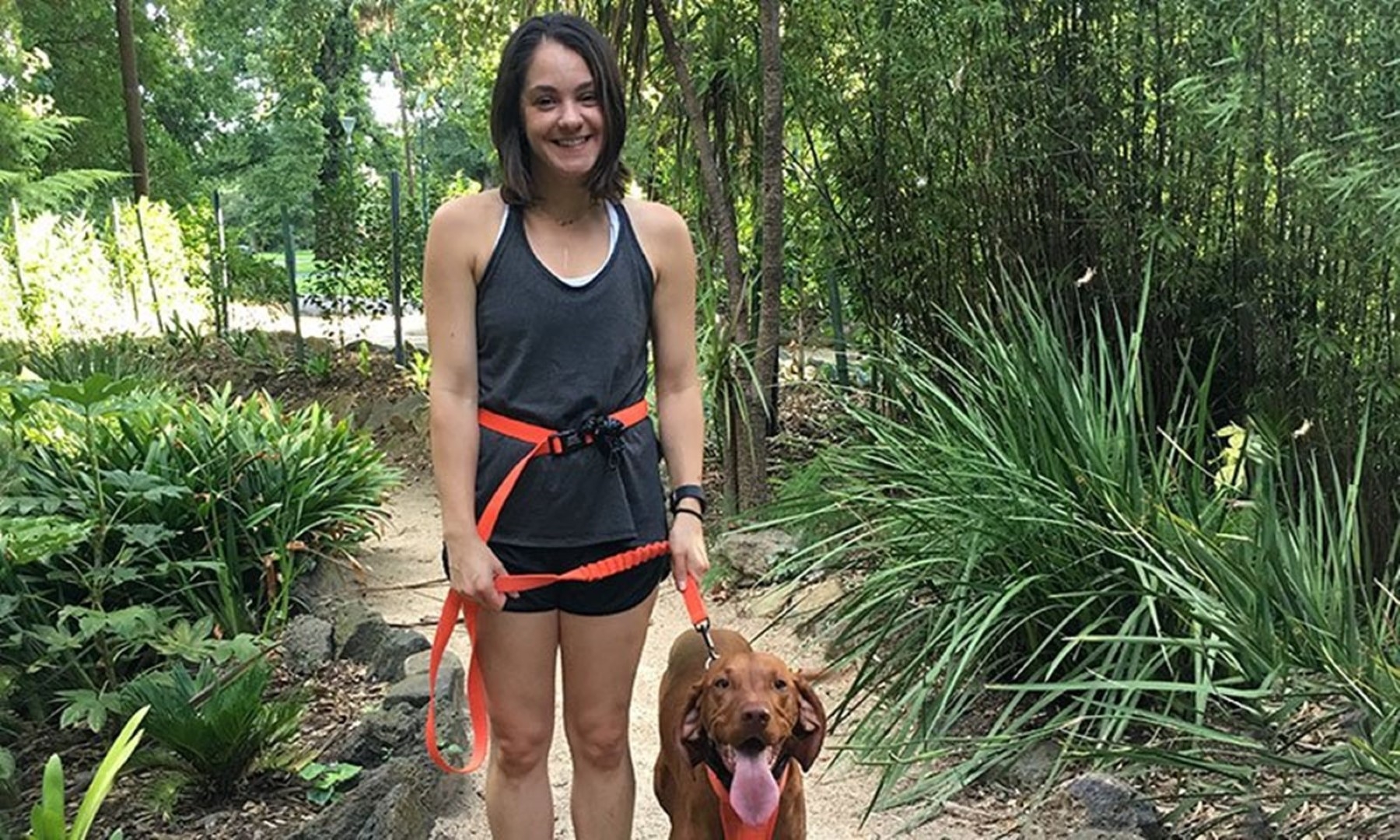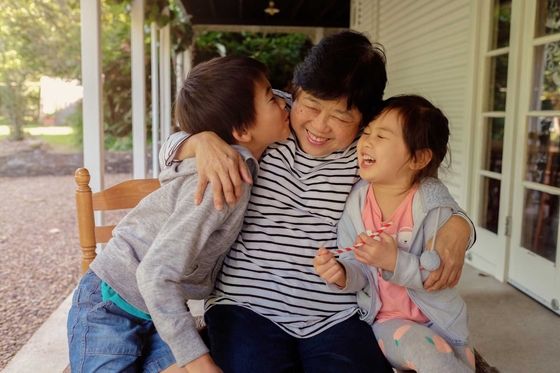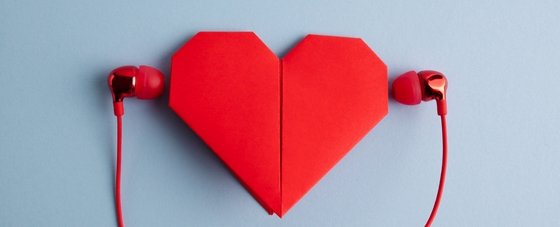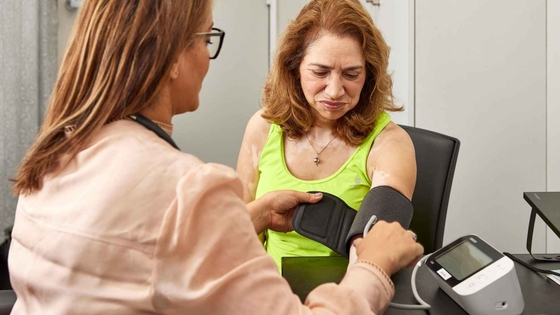
Exercising for heart and soul
Blog: 18 March 2020
Alicia Philipatos
Alicia Philipatos was three days old when her heart condition was diagnosed. She endured many hospital visits and treatments as a child, but at age 29, had to face open heart surgery for a valve replacement. During this time, dealing with a roller coaster of emotions, Alicia took to blogging and exercising. In this blog, she talks about the important role exercise continues to play in her life.
As I round the corner and look up ahead, I am astounded by the beauty before me. The tops of the trees are vividly green with sunshine peeking through, the garden beds are alive with colourful florals, there are dragonflies everywhere… and then there’s the patch of uphill gravel that I’m about to tackle. As soon as I reach the bottom of the incline, even though I’ve been running fine for four kilometres already, my head starts with the “oh I think you’ll need a break, you’re feeling tired, you don’t want to push that heart too much… do you?” So about halfway up I stop. I check my heart rate, I pat my dog and then I keep going.
The mental challenges I face are not much different to those faced by any typical runner. Your mind is both your greatest enemy and your closest ally. When you add self-doubt to a heart condition, the ability to make excuses for not pushing yourself during exercise is overwhelming and takes a great deal of training to overcome - both physical and mental.
Before my surgery I was training with kettlebells for approximately two years. I loved seeing the changes in my body and that alone provided me with the motivation to keep going. When I was told my valve was failing and I had my surgery booked in, I was asked to stop weight training. So to keep myself occupied I ran… I even completed a colour run three days before my surgery.
After surgery I had to start all over again, I couldn’t run four kilometres anymore, I couldn’t swim and I could barely lift two kilograms. All I wanted to do in my initial recovery was exercise and get back to the physical form I’d had only two months prior, but I couldn’t…and it was deflating. When life kicked back into gear I was so tired and I couldn’t get motivated.
When I did begin exercising again, I was timid. I allowed myself more breaks than usual, cleared any activity with an Exercise Physiologist or Cardiologist to make sure they thought I was able, and even then, I progressed slowly.
But slow progress is still progress. I downloaded a running app and eased into a five kilometre run over an eight-week period. I started group personal training sessions, and made sure that if I ever felt weak or dizzy, I stopped. Before I knew it, 12 months went by and I shed 10 kilos, I would regularly complete six 30 minute workouts per week, my muscle definition increased and changed the shape of my body, I lowered my resting heart rate and began seeking out new ways to push my body to the next level.
Growing up, exercise was something that was just part of my life; post-surgery, exercise is much more, it’s given me a new level of confidence in my heart (and my body) that I never knew existed within me. When I push myself harder, my body responds with results. It’s powerful, and as I continue to be able to run further and faster, lift heavier, punch harder, breathe, pose and stretch deeper, my mind too becomes stronger. That voice of self-doubt is still there, but she’s drowned out by my trained, powerful voice of self-love.
Exercise is a celebration of what your body can do, not a punishment for what you ate. Eat for nourishment and enjoyment, exercise with variety and regularity and I promise you’ll be the happiest, healthiest version of yourself.
You might also be interested in...

Women's heart stories
Heart disease affects women of all ages. Watch real stories from women and their journeys with heart health, recovery, and the importance of early detection.

Learning to listen to your heart
In amongst the incessant small demands of modern life, it can be easy to forget the big things. Like having regular health checks. Particularly when we’re not feeling unwell; sometimes even when we are. Ask Jenny McAuliffe.

Five reasons to focus on women’s heart health
Why is the Heart Foundation raising awareness about women's heart health? Learn about some of the unique challenges faced by women.
Last updated27 February 2024